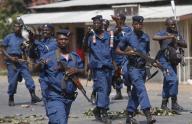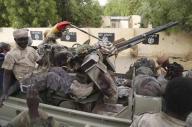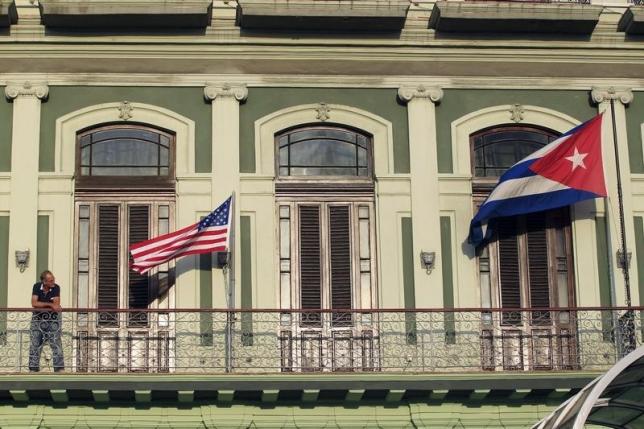An explosion shook the centre of the Burundi capital on Friday but no one was injured, a police source said, as deadly unrest against against President Pierre Nkurunziza’s bid for a third term in office rumbled on.
Pictures circulated on social media showed three charred vehicles in front of a KCB bank branch in downtown Bujumbura, an area that has been largely free from the demonstrations that erupted on April 26.
“We don’t know the cause of the explosion yet,” said one police officer who had visited the scene of the blast. There were no casualties reported.
But one demonstrator was killed in Buterere suburb, where police clashed with protesters who say Nkurunziza’s bid to contest the June 26 presidential poll violates the constitution.
A Reuters photographer in the area saw police fire at demonstrators who were hurling rocks at them. In the flashpoint suburb of Cibitoke, the police also shot at rock-throwing protesters and then used a bulldozer to clear street barricades.
The demonstrations, which began a day after Nkurunziza announced plans for a third term, have kindled the biggest political crisis in Burundi since an ethnically charged civil war ended in 2005.
The government has called the protests an “insurrection” and linked them to a failed coup by elements of the army in mid-May. Nkurunziza’s backers point out that Burundi’s constitutional court has cleared the president to seek another term.
Many fear the violence, if left unchecked, could cleave open ethnic rifts and lead to another round of bloodletting between the Tutsi and Hutu communities.
So far this has not happened but tensions have put the region on the edge. In neighbouring Rwanda some 800,000 Tutsis and moderate Hutus were slaughtered in the space of few months during the 1994 genocide.
On Thursday the European Union and Burundi’s influential Roman Catholic Church pulled out from observing elections, saying that next month’s vote cannot be fair because of daily unrest and a crackdown on media. The presidency said local and parliamentary elections will go ahead on June 5.
Said Djinnit, the U.N. Special Envoy for the Great Lakes region, said the two sides had on Thursday afternoon resumed peace talks which the opposition had boycotted since last weekend, when one of their leaders was murdered.
However, with both sides some way apart in their demands, the talks were put on hold until after east African leaders meet in Tanzania on Sunday in a special summit on the Burundi crisis.
“The summit (will be) good to provide important guidance to pursue talks,” Djinnit said. Reuters














